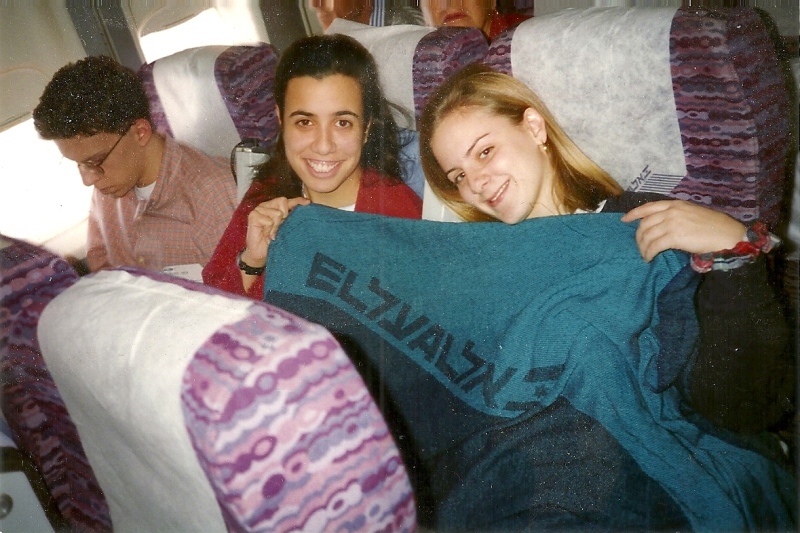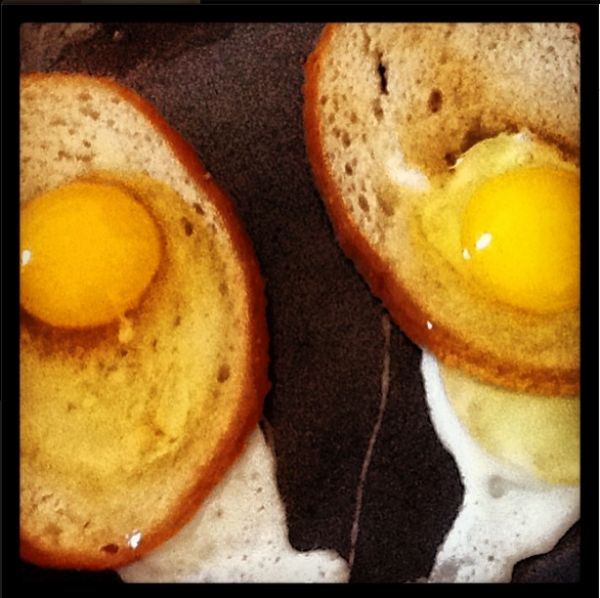I love photography even though I’ve never been as good at the art as I might have liked; might have been. I’m grateful — seriously, grateful — to Instagram, for allowing me an outlet for the scenes I capture in my mind’s eye and feel compelled to share, but hardly ever render to my satisfaction on a traditional camera.
I took photography as an elective in high school — learned how to develop my own film (not very well), and presumably how to properly use a camera. Whatever I learned there didn’t stick, however, and now I find more pleasure in photography as a researcher than as a voyeur. Although I imagine there is an element of voyeurism to my research, as well.
I love the evidence photography provides. I love the secrets revealed. I love the accidental body of information that corroborates or undermines the collective or individual stories we tell ourselves.
As I dig up old photographs in my cardboard boxes, or in the basement storage room of my mother’s house, I’m getting an education on the people I love … and who loved me. But almost as often as questions are answered or light is shed; there are mysteries. There are, in those photographs, chapters to the stories of my life that were never told to me.
On a recent trip to New Jersey to visit my family, I discovered a photo album my mother acquired when my Bubbi died a couple of years ago. The album chronicled a European trip — the only one, I think — my grandmother took with her aunt when she was in her late forties or early fifties.

Though I can’t be sure, I imagine this trip must have been monumental for my grandmother, who grew up poor in the Midwest; who was a small school girl when she was forced to care for her ill mother and eventually watch her die; who was shifted from relative to relative as her father journeyed from town to town for business. Her Aunt Edna (her mother’s sister) never married, and was very generous to my grandmother over the years (it’s believed Aunt Edna made a small fortune by investing early in Xerox). The two were very fond of each other. Beyond that, and beyond the little I know about Aunt Edna (she was a school teacher and an author), I don’t know much more about the intricacies of their relationship. I do remember my Bubbi, in her younger days, often going out west to Indiana to visit Aunt Edna. I also remember once meeting Aunt Edna myself in the lobby of the hotel in Philadelphia for which my grandmother worked for many years: She was perched on a velvet-lined settee and looked like an Aunt Edna. She called me Jennifer, as did most of my grandparents’ friends.
The pages of the photo album my Bubbi created are filled mostly by blurry, over-exposed shots of the landscape, of the sites, of the Coliseum, Venice, the streets of Paris, and presumably, the Alps. There are only three photographs of Bubbi in the album and four or five of Aunt Edna. There is one of somebody’s hand — opening up a compact, perhaps? Getting ready to put on lipstick? — as the other snapped a shot of windmills out the window of a tour bus.
There are no captions. No notes on the backs of the matte photographs. No written word at all. There are a few blank postcards — one with a watercolor of Buckingham Palace; another from an Italian resort.
What do I learn about my Bubbi from this album? Other than the fact that she was more traveled than I thought, I am presented with more questions than answers.
Did she slide the photos in under the cellophane and never look at them again?
Did she take the album out, every year on her birthday, reminisce and long for a different sort of life?
Was she grateful for this trip? Satisfied? Or did it only give her a taste for more?
I knew my Bubbi pretty well as far as Bubbis and granddaughters go. I took an interest in her life while she was still with it enough to recall it. But she never told me about the trip to Europe she once took with Aunt Edna. Never recalled the windmills or the Hotel Napoleon or the view from the Spanish Steps.
Of course, there are so many stories we never share; never tell. Not even the ones we love. Not even the ones who ask.
In fact, it’s often the stories closest to our hearts we keep for ourselves.
=== === ===
If you liked this post, you might also like this one; also about Bubbi and about photographic evidence.








